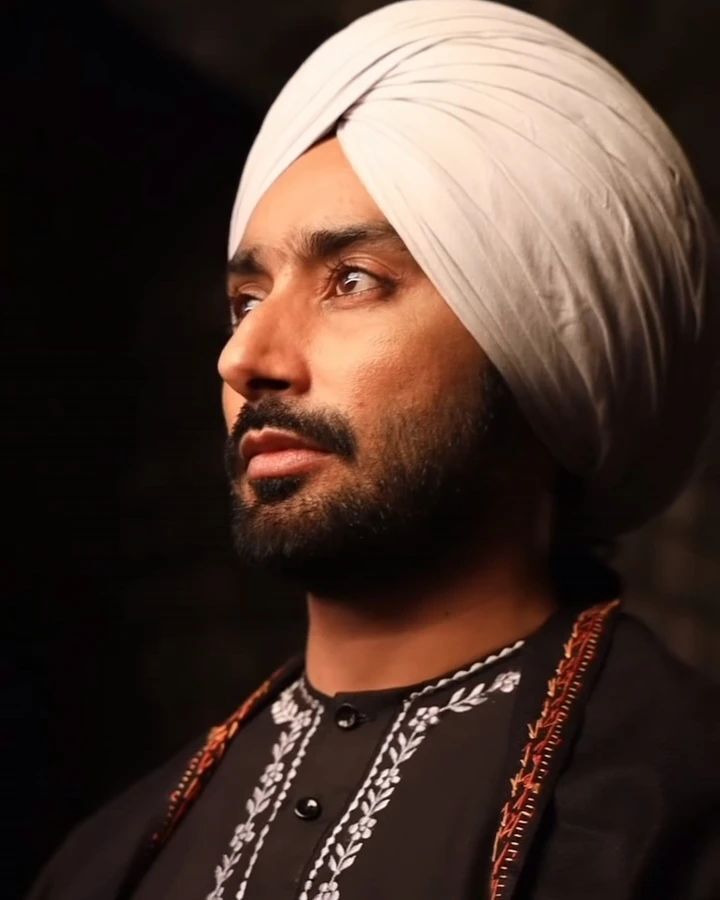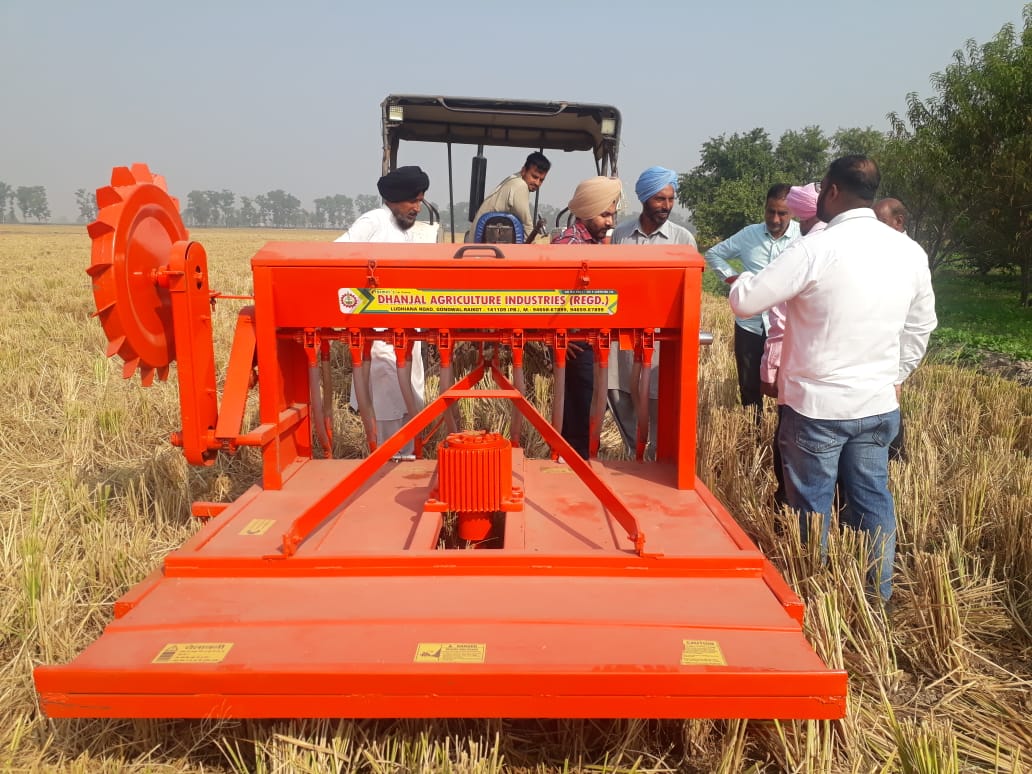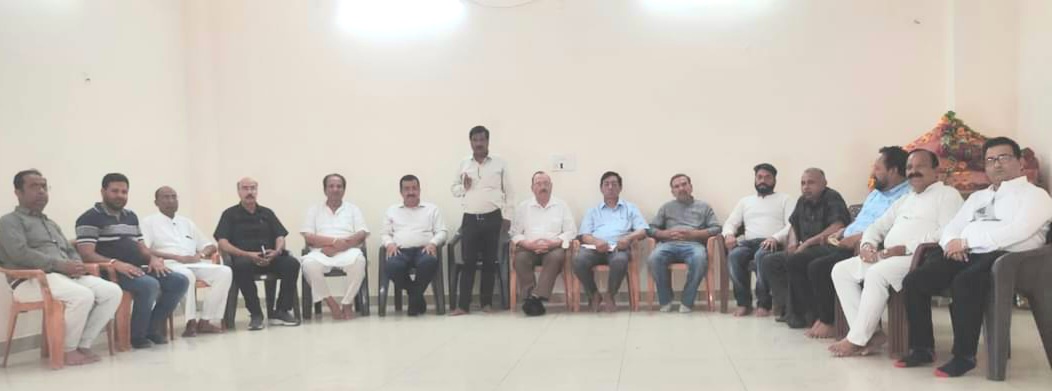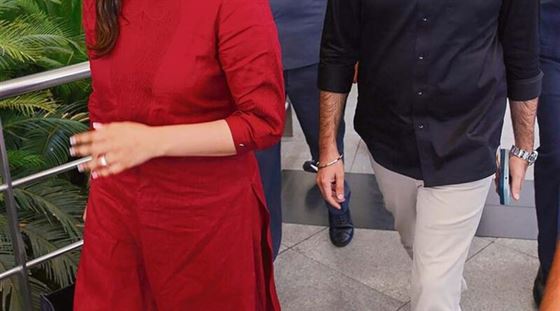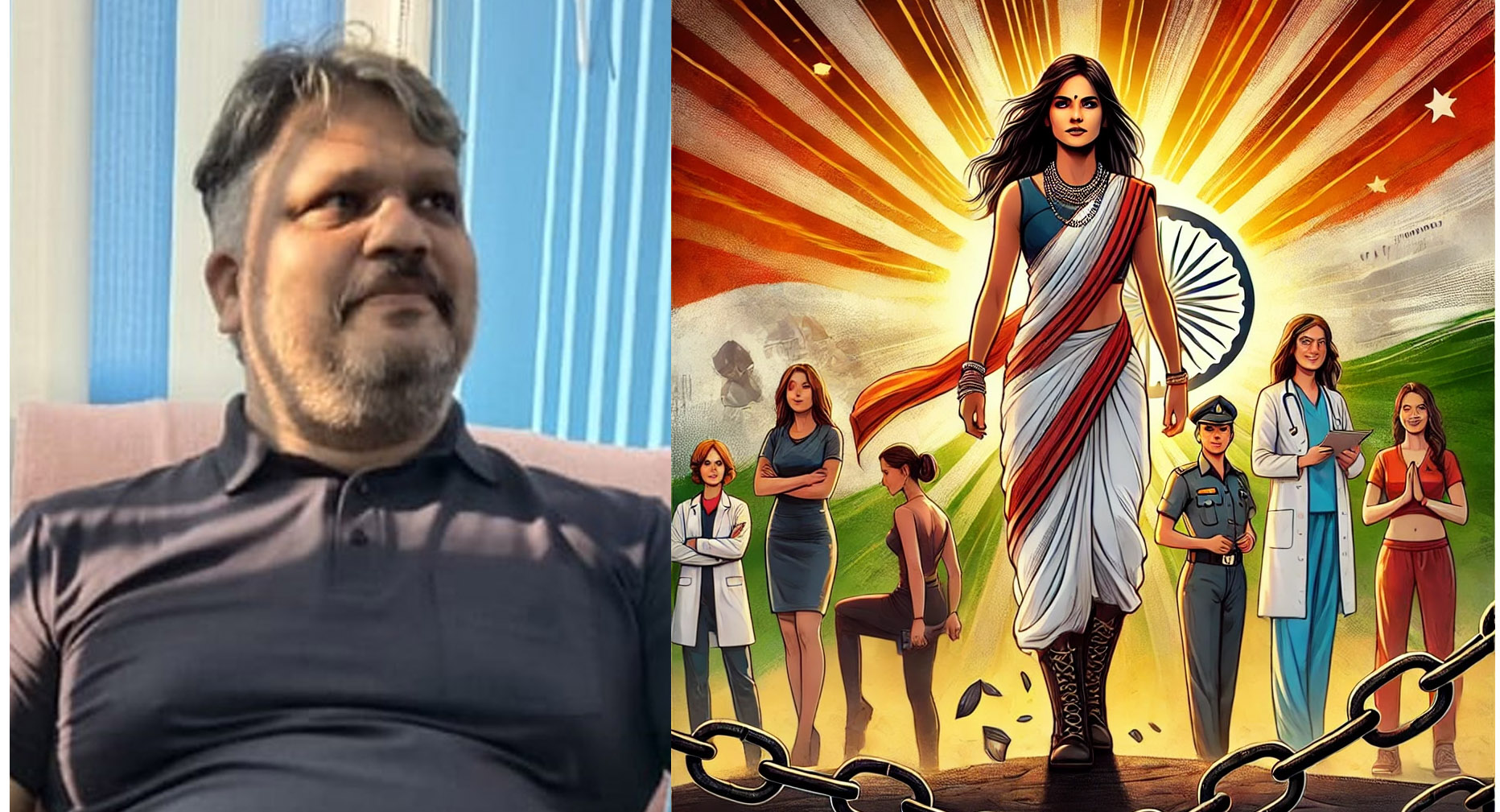
International Women's Day
International Women's Day is celebrated on March 8 every year, dedicated to women's empowerment around the world. The main purpose of celebrating this day is to create awareness about the rights of women in society. Vladimir Lenin declared March 8 as International Women's Day in 1922 to honor the role of women in the Russian Revolution of 1917. Later, it was decided to celebrate it on the same day by the socialist movement and communist countries.
International Women's Day is celebrated on March 8 every year, dedicated to women's empowerment around the world. The main purpose of celebrating this day is to create awareness about the rights of women in society. Vladimir Lenin declared March 8 as International Women's Day in 1922 to honor the role of women in the Russian Revolution of 1917. Later, it was decided to celebrate it on the same day by the socialist movement and communist countries.
In many countries, this day is a public holiday. Mainly, this day is known as the International Women's Day of Struggle. Between the 1970s and 1980s, women's groups, left-wing and labor organizations demanded equal pay, equal economic opportunities, equal legal rights, facilities for childcare and the prevention of violence against women. When it comes to women's rights, New Zealand was the first self-governing country to give women the right to vote.
If we talk about the condition of women in the present times, then women are fully aware of their rights and duties. In every field, women are making an important contribution to the development of society and the country on an equal footing with men. The literacy rate among girls has increased. Today, the female class is economically self-sufficient to a large extent. Economic security is extremely important for a woman's life, which has a positive impact on the health, education and lifestyle of the family.
Over the past few decades, there has been improvement in women's rights, but it is not universal. Even today, women have to face many difficulties in education, work, healthcare, legal rights, domestic violence, and many other areas. For centuries, our society has never given importance to the contribution of women. They are paid less than men for the same work. Some improvement has been achieved due to the struggle of international labor organizations, but this discrimination still persists.
In semi-developed and developing countries, there are still limited opportunities and resources for girls to get education. They are still seen as a means of raising and looking after the household and children. Education is the basic right of every child, but girls are still victims of discrimination. According to UNICEF, 129 million girls are still not going to school. The main reasons for this include poverty, gender-based violence, early marriage, lack of safety, cleanliness and sanitation facilities.
If we talk about the status of women in India, then women have been an integral part of our culture and society since ancient times. However, it is also a bitter truth that women in our country have suffered a lot in ancient times. Evil practices like child marriage, sati practice, killing of girls at birth and dowry system were prevalent in our country for a long time. From time to time, some determined people have also raised their voices against these. Sri Guru Nanak Dev Ji raised his voice in favor of the women class by saying, "So why did you say bad, victory is born, king is born".
At that time, many kinds of bad traditions were going on, like polygamy or prohibition of widowed women from remarriage, etc. To end such evils, the British also passed some laws and social reformers like Raja Ram Mohan Roy also started a movement to stop the Sati practice. Although today's women have become aware of their rights, the spread of education has helped women to become self-reliant to a large extent, but social evils have not reduced but have changed their form.
Dowry system, feticide, gender discrimination, domestic violence, molestation, and the number of atrocities against women are not decreasing. Although the laws have become strict, the punishments are also harsh, but there has been no difference in the number of these crimes in the news.
Today, in the century we are living in, we all need to be sensitive to our rights and duties. Women and children are a very important part of our society. Respecting them, protecting their rights is the supreme duty of all of us.
-Davinder Kumar

